July 22, 2020
Herman Miller and Logitech launch gaming edition of Embody chair
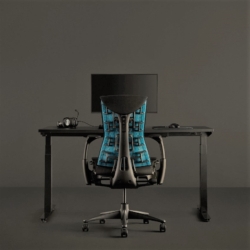 Logitech G, a brand of Logitech and Herman Miller have taken a first step into the world of seating ergonomics for gamers, streamers, and esports athletes today with the launch of a series of high performance gaming furniture and accessories, including the Embody Gaming Chair, the industry’s first truly ergonomic chair. Together, the two companies spent nearly two years studying esport pros and players around the globe to understand their needs. “Prior to the in-depth research we did, we knew many gamers loved our current offering as we are constantly rated highly in almost every gamer product review,” said Tim Straker, Chief Marketing Officer for Herman Miller. “The main feedback we received was they wanted more variety.” (more…)
Logitech G, a brand of Logitech and Herman Miller have taken a first step into the world of seating ergonomics for gamers, streamers, and esports athletes today with the launch of a series of high performance gaming furniture and accessories, including the Embody Gaming Chair, the industry’s first truly ergonomic chair. Together, the two companies spent nearly two years studying esport pros and players around the globe to understand their needs. “Prior to the in-depth research we did, we knew many gamers loved our current offering as we are constantly rated highly in almost every gamer product review,” said Tim Straker, Chief Marketing Officer for Herman Miller. “The main feedback we received was they wanted more variety.” (more…)







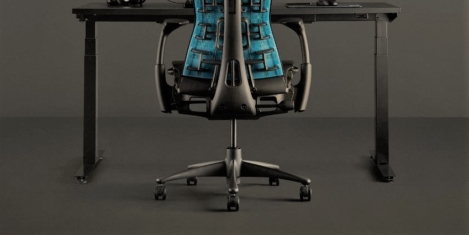





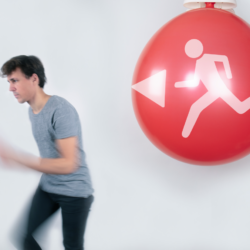
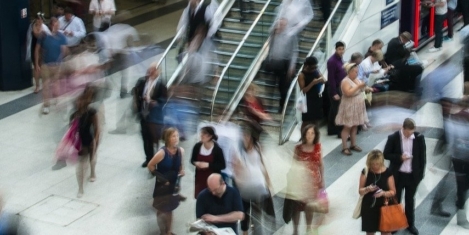
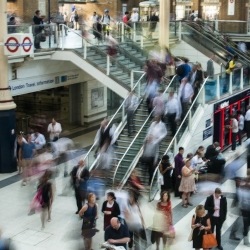
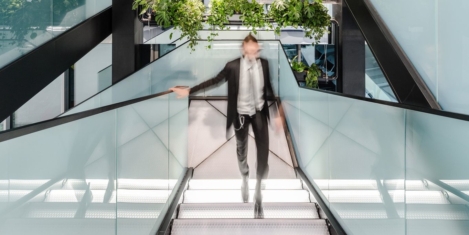
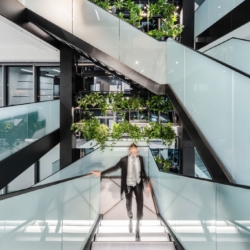
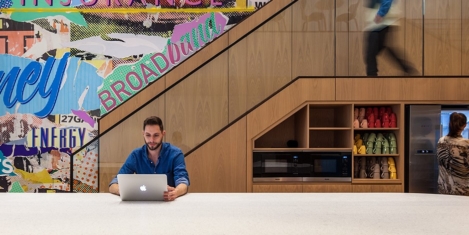
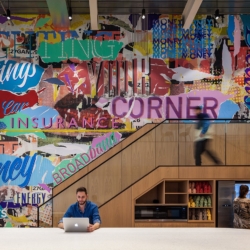




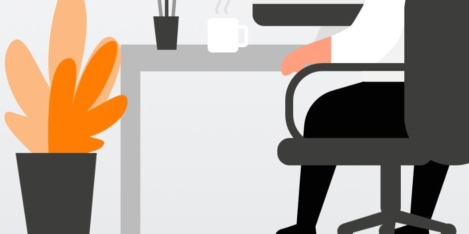
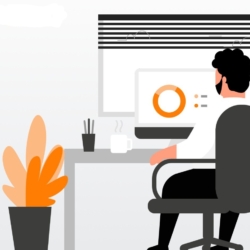
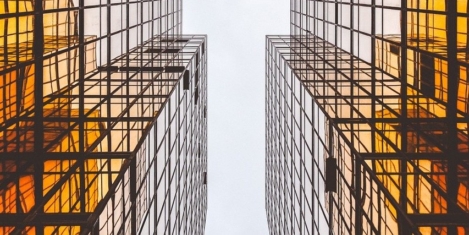
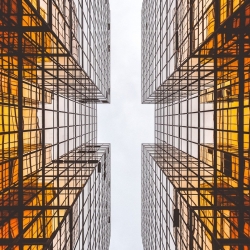









July 15, 2020
Some brutal realities about the future of work
by Mark Eltringham • Comment, Flexible working, Wellbeing